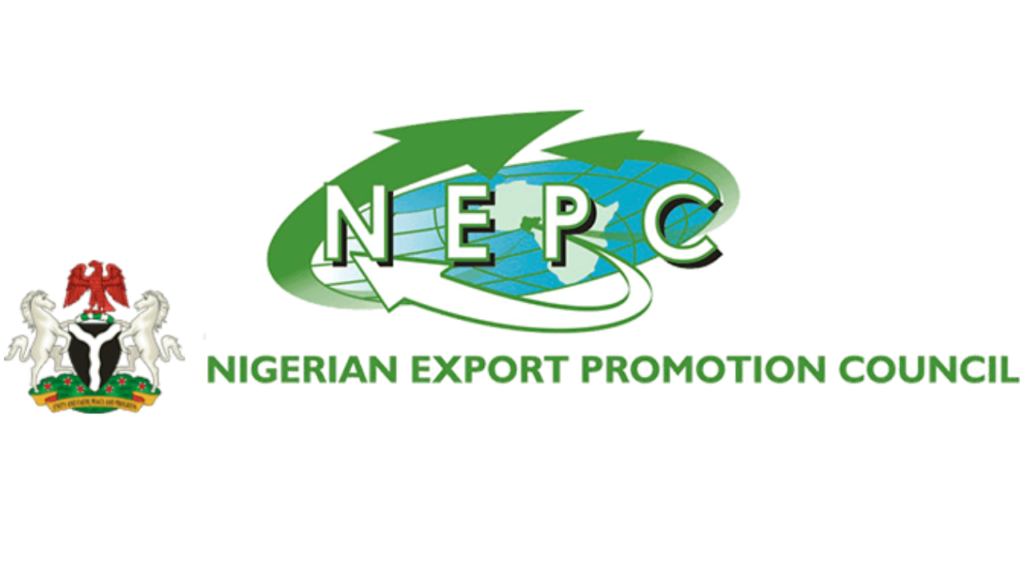
Exports to West Africa hit 663m metric tonnes as FG pushes market expansion despite US tariffs
In the first six months of 2025, Nigeria’s non-oil exports grew to $3.22 billion — a 19.59% jump from the $2.69 billion recorded in the same period of 2024, according to the Nigerian Export Promotion Council (NEPC).
NEPC’s Executive Director/CEO, Nonye Ayeni, revealed in a statement that export volumes also increased to 4.04 million metric tonnes, compared to 3.83 million metric tonnes last year. She attributed this growth to factors such as stronger global demand for Nigerian goods, improved market access, and tariff advantages from the African Continental Free Trade Area (AfCFTA).
Ayeni explained that the council’s initiatives — ranging from training on quality standards, packaging, and labelling to export documentation and certifications — also boosted performance. Additionally, more Nigerian exporters embraced value-added production, driving up the share of manufactured and semi-processed goods.
Between January and June, Nigeria exported 236 different products, a 16.83% rise from the 202 recorded during the same period in 2024. These products cut across agriculture, extractive industries, manufacturing, and semi-processed goods, reflecting a gradual shift away from traditional raw agricultural exports.
Top exporters remained Indorama Eleme Fertiliser and Chemical Limited (11.92% of total exports) and Starlink Global and Ideal Limited (8.82%), followed by Dangote Fertiliser Limited (6.39%), driven by strong fertiliser and cocoa sales.
Within West Africa, 663 million metric tonnes of Nigerian products were shipped to 11 ECOWAS countries in the first half of the year. Beyond ECOWAS, exports to 21 African countries hit 488 million metric tonnes valued at $83.54 million — representing 2.59% of total export value, up from 1.96% in H1 2024.
“This reinforces the strategic potential of AfCFTA for intra-African trade,” Ayeni noted, adding that Nigeria’s active participation is opening doors for both large exporters and SMEs. She commended the Ministry of Industry, Trade and Investment for efforts to position Nigeria as a regional trade hub.
During the review period, 29 banks processed export transactions, with 10,214 Nigeria Export Proceed Forms (NXPs) issued. Zenith Bank led with 31.98% of NXPs, followed by First Bank (12.44%) and Guaranty Trust Bank (11.47%).
Exports moved through 18 exit points, including eight seaports, three international airports, and seven land borders, with seaports accounting for 94.15% of total shipments.
The NEPC also organised over 252 capacity-building sessions nationwide, training 27,352 participants in areas such as Good Agricultural Practices (GAP), Good Warehousing Practice (GWP), Good Manufacturing Practice (GMP), and improved packaging and labelling techniques.
